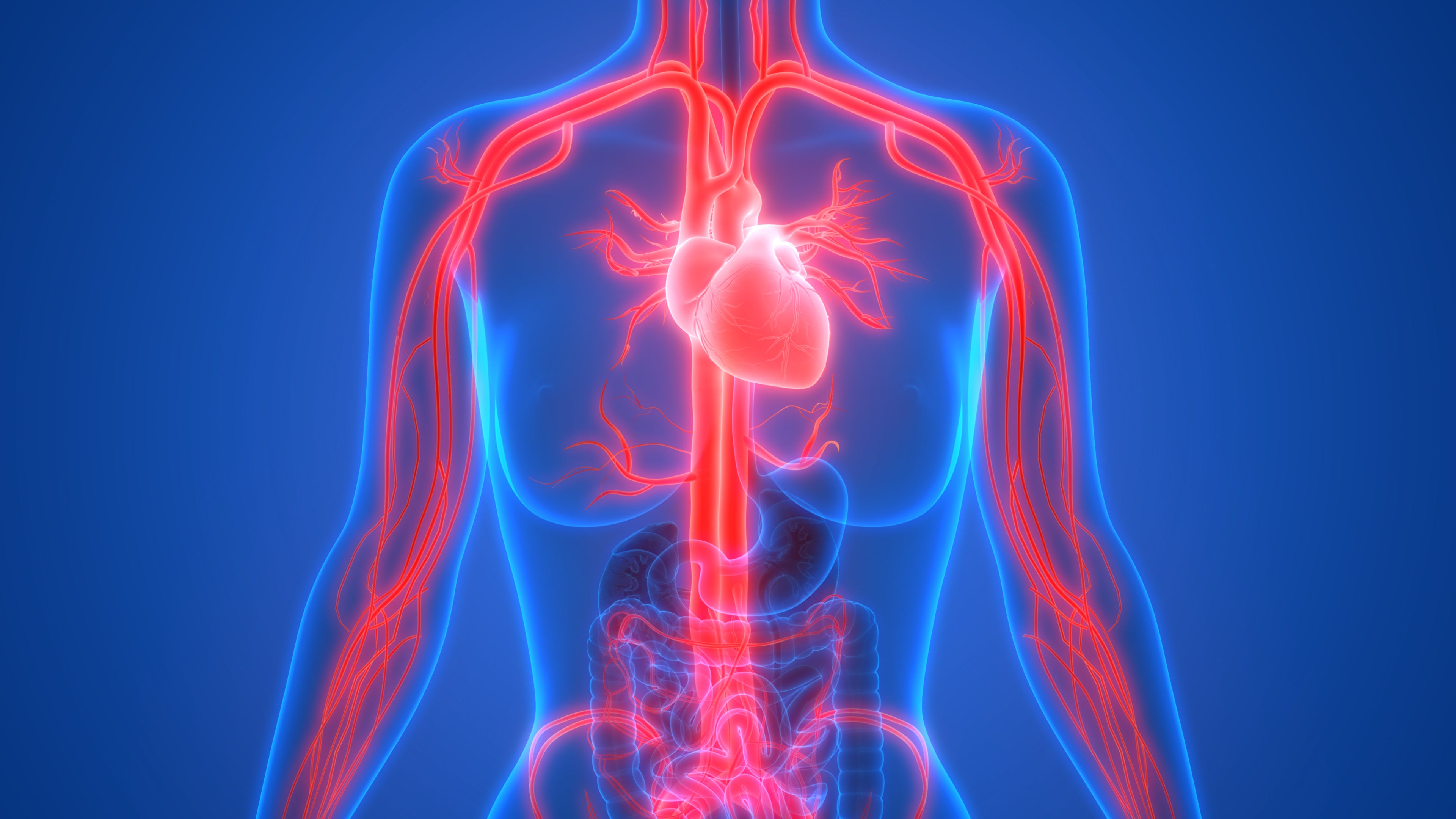Fiber is like a superpower for your digestive system. Eating fiber can help regulate your bowel movements, blood sugar, and cholesterol. It even promotes longevity and lowers your risk of certain cancers. A study published in the Archives of Internal Medicine showed that people who ate the most fiber (around 29 grams a day for men and about 26 grams a day for women) were 22% less likely to have died than those who ate the least amount of fiber over the course of nine years.
What Is Fiber?

Fiber is a kind of carbohydrate that isn’t broken down into sugars by the body during the digestive process. Because of this, it passes through the body mostly intact.
There are two kinds of fiber: soluble and insoluble. Both offer important health benefits. Soluble fiber dissolves, forming a gel-like substance. Soluble fiber reduces blood sugar levels and regulates cholesterol. Getting enough soluble fiber can lower your risk for diabetes or help you manage the condition.
Insoluble fiber, meanwhile, attracts and binds water in the digestive system. It makes passing stools easier and more regular, lowering your risk of hemorrhoids and diverticulitis.
How Much Fiber Is Too Much?
In general, the FDA recommends eating 25 grams of fiber a day under a 2,000 calorie diet. However, other factors vary. For instance, men under 50 should eat more fiber, up to 38 grams a day. Women under 50 should have around 25 grams of fiber a day. Children from 1 to 18 need to have anywhere from 14 to 31 grams of fiber a day.
According to a National Center for Health Statistics survey, the average American eats only around 16 grams of fiber a day, far less than they should. In the study, people with obesity consistently consumed less fiber than those who were at an average weight or overweight.
What Happens When You Eat Too Little Fiber?
Aside from missing out on a fiber-rich diet's long-term rewards, like a lowered risk of cancer and diabetes, other, more immediate symptoms are associated with eating too little fiber. You may find yourself bloated, constipated, or having irregular bowel movements. Feeling fatigued can be another symptom or having more acne-prone skin than usual. Your blood pressure may also rise, which can sometimes manifest as headaches, nervousness, or chest pain.
Too Much Fiber in Diet

With all the benefits of consuming fiber, can you eat too much fiber? And if so, how much fiber is too much? It’s possible you can be eating too much fiber, but as studies show most Americans consume so little, it’s also unlikely. If you’re over 50, you need to watch more closely that you don’t have too much fiber in your diet. Men over 50 should aim to consume only around 28 grams per day and women over 50 around 21 grams per day. Additionally, people receiving treatments for certain cancers may be advised to follow a low-fiber diet.
What Happens If You Eat Too Much Fiber?
If you aren’t over 50 and haven’t been prescribed a low fiber diet by a doctor, can you have too much fiber? If you think you’re overeating fiber, symptoms may include bloating, gas, cramping, or constantly feeling full. You might find it challenging to keep on weight or add muscle. When having over 50 grams of fiber a day, you might experience rare intestinal blockages.
Even though fiber usually helps regulate your colorectal health, can too much fiber cause constipation and/or diarrhea? The answer is, unfortunately, yes. If you have intestinal trouble from a fiber overload, you’ll need to cut your intake down to healthy levels to reap the nutrient’s benefits.
Fiber, Diarrhea, Oatmeal, Constipation
Eating more fiber for diarrhea is a common illustration of how fiber influences your colorectal health. Does fiber help diarrhea? Yes, soluble fiber can help firm up your bowel movements. At the same time, insoluble fiber does the opposite and relieves constipation.
Often foods, like oatmeal, contain both kinds of fiber. One cup of oatmeal provides about 4 grams of fiber. If oatmeal contains both types of fiber, then is oatmeal good for constipation or diarrhea? The answer is it can help with both, but is more commonly used for constipation. Oatmeal contains a higher soluble fiber ratio, which can help soften stool and make you more regular. (Pro tip: Steel-cut oats are the best option since they usually contain the most fiber per cup!)
Ways to Get More Fiber
- Beans are a high protein, low-fat way to incorporate fiber into your diet. As little as a half-cup daily can add much-needed fiber into your meals.
- Vegetables like spinach, broccoli, brussels sprouts are a great natural source of fiber.
- Wheat bran is a good source of insoluble fiber. Oat bran adds soluble fiber to your diet.
- Many fruits are high in fiber. Passion fruit offers the highest amount of fiber, providing 98% of your DV per cup. Other high-fiber fruits include raspberries, pomegranates, and pears.
- A fiber supplement like Daily Greens can help you reap the benefits of a diet rich in fruits and vegetables. The proprietary blend not only helps improve fiber and pH values but also contains antioxidants that fight damage from free radicals.
Takeaway
Eating enough fiber is an important way to keep your body healthy. Fiber comes in two varieties, soluble and insoluble, both of which have many benefits. Your body can get fiber from fruits and vegetables, whole grains, and other sources. Incorporating the right amount of fiber in your diet can regulate your digestive system, bowel movements, keep your blood sugar under control, reduce your diabetes risk, some cancers, and obesity.
Can too much fiber be bad? Too much fiber can cause problems in very high amounts, but it benefits you in the recommended doses. Adding fiber to your diet will usually make you feel better, eat healthier, and live longer.
The information being presented in this blog is intended to be used as educational or resource information only. It is not intended to be a substitute for medical advice from your healthcare provider. This content should not be used for the diagnosis or treatment of any medical condition. If you have any questions or concerns about your health, please contact your healthcare provider. You should call 911 for all medical emergencies. Revive MD is not liable for any advice or information provided on this blog, which advice or information is provided on an “as-is” basis, and assumes no liability for diagnosis, treatment, decisions, or actions made in reliance upon any advice or information contained on this blog. No warranties, express or implied, are made on the information that is provided.


